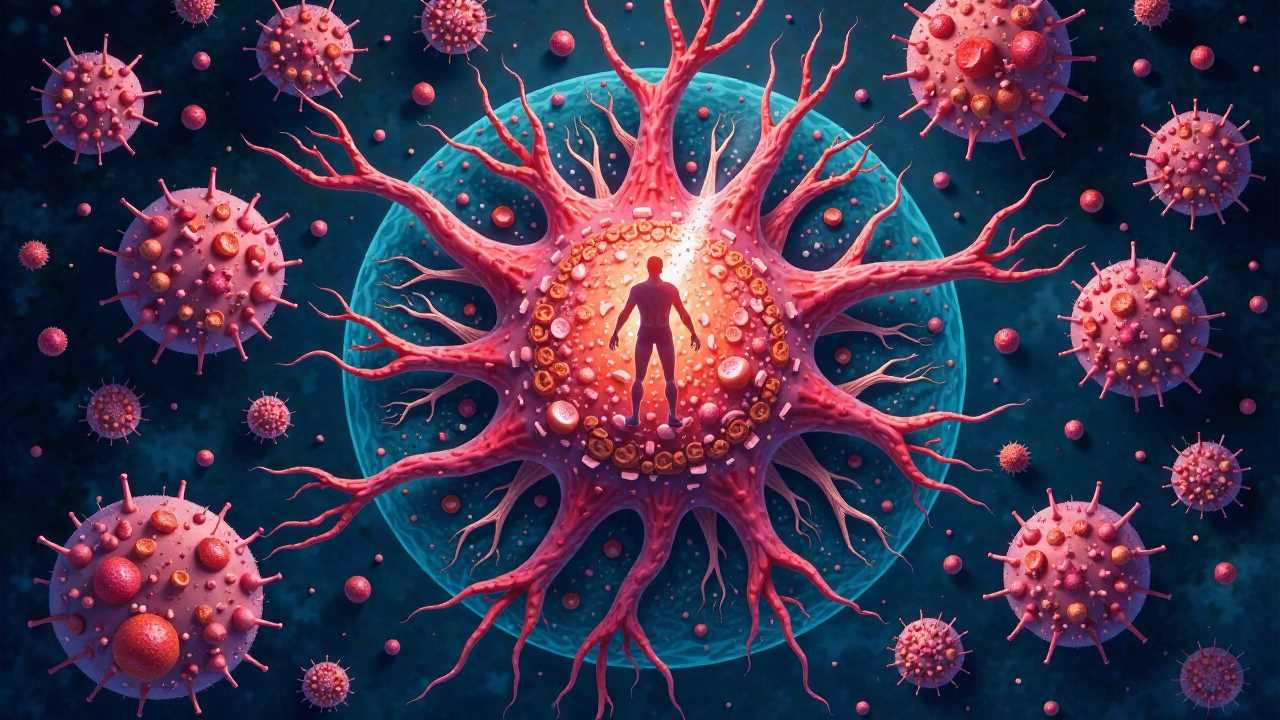
Cellular regeneration is a vital process that underpins our body's ability to heal and recover. Understanding how to enhance this process can lead to improved tissue repair, muscle recovery, and overall immune function. In this guide, we will explore the critical components of cellular regeneration, including the role of stem cells, nutritional support, and exercise adaptation.
The Science of Cellular Regeneration
Cellular regeneration refers to the body's ability to replace or repair damaged cells and tissues. This process is essential for maintaining health and vitality, especially after injury or during periods of stress. Stem cells play a pivotal role in this process, as they have the unique ability to differentiate into various cell types, facilitating tissue repair and regeneration.
Importance of Tissue Repair
Tissue repair is a fundamental aspect of cellular regeneration. When tissues are damaged, whether through injury or disease, the body initiates a complex healing process. This involves inflammation, cell proliferation, and tissue remodeling. Understanding the mechanisms behind tissue repair can help in developing strategies to enhance recovery and promote healing.
Muscle Recovery and Cellular Regeneration
Muscle recovery is another critical area where cellular regeneration plays a significant role. After intense physical activity, muscle fibers undergo micro-tears that require repair. The regeneration of muscle cells is facilitated by stem cells, which can help rebuild damaged tissues, leading to stronger and more resilient muscles. Incorporating strategies that promote cellular regeneration can enhance muscle recovery and performance.
The Role of Stem Cells
Stem cells are often referred to as the body's repair system. They can transform into various cell types, making them essential for tissue regeneration. Research has shown that stem cells can improve recovery outcomes in various conditions, from sports injuries to chronic diseases. Understanding how to harness the power of stem cells can unlock new possibilities for enhancing cellular regeneration.
Nutritional Support for Cellular Regeneration
Nutritional support is crucial for optimal cellular regeneration. A balanced diet rich in vitamins, minerals, and antioxidants can provide the necessary building blocks for tissue repair and recovery. Nutrients such as omega-3 fatty acids, vitamin C, and zinc have been shown to support the healing process and enhance immune function. Prioritizing nutrition can significantly impact the body's regenerative capabilities.
Exercise Adaptation and Its Impact
Exercise adaptation is the body's response to physical activity, which can stimulate cellular regeneration. Regular exercise promotes blood flow, enhances nutrient delivery, and encourages the release of growth factors that aid in tissue repair. Understanding the relationship between exercise and cellular regeneration can help individuals optimize their training regimens for better recovery and performance.
Enhancing Immune Function Through Cellular Regeneration
Immune function is closely linked to cellular regeneration. A robust immune system is essential for fighting off infections and promoting healing. Cellular regeneration helps maintain the health of immune cells, ensuring they can respond effectively to threats. By supporting cellular regeneration through nutrition, exercise, and stem cell therapies, individuals can enhance their immune function and overall health.
In conclusion, unlocking the potential of cellular regeneration is key to improving tissue repair, muscle recovery, and immune function. By understanding the roles of stem cells, nutritional support, and exercise adaptation, individuals can take proactive steps to enhance their body's natural healing processes. Embrace the power of cellular regeneration for a healthier, more resilient life.






